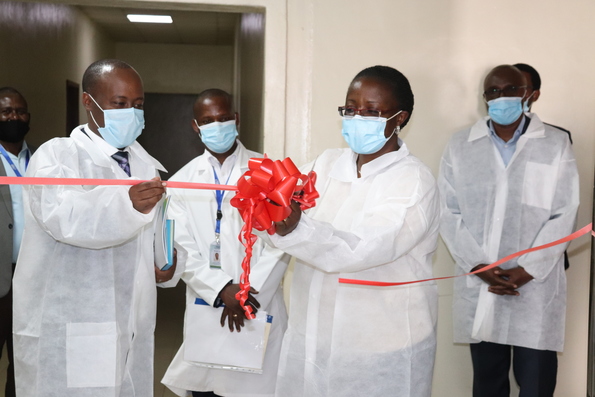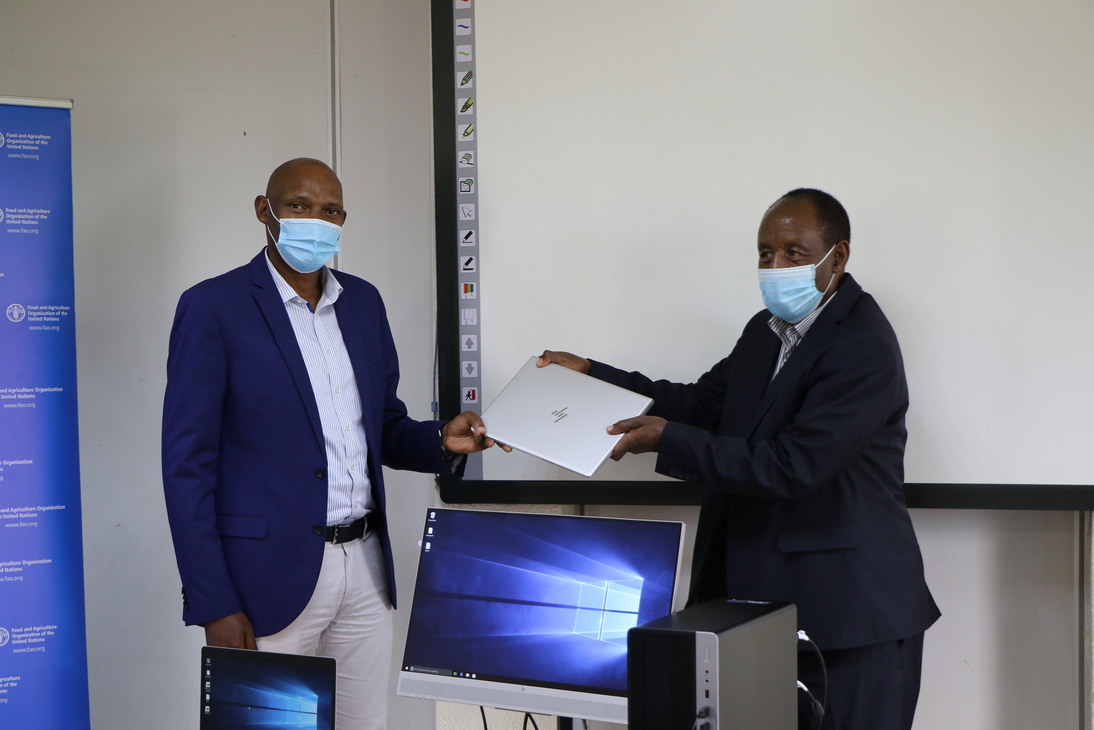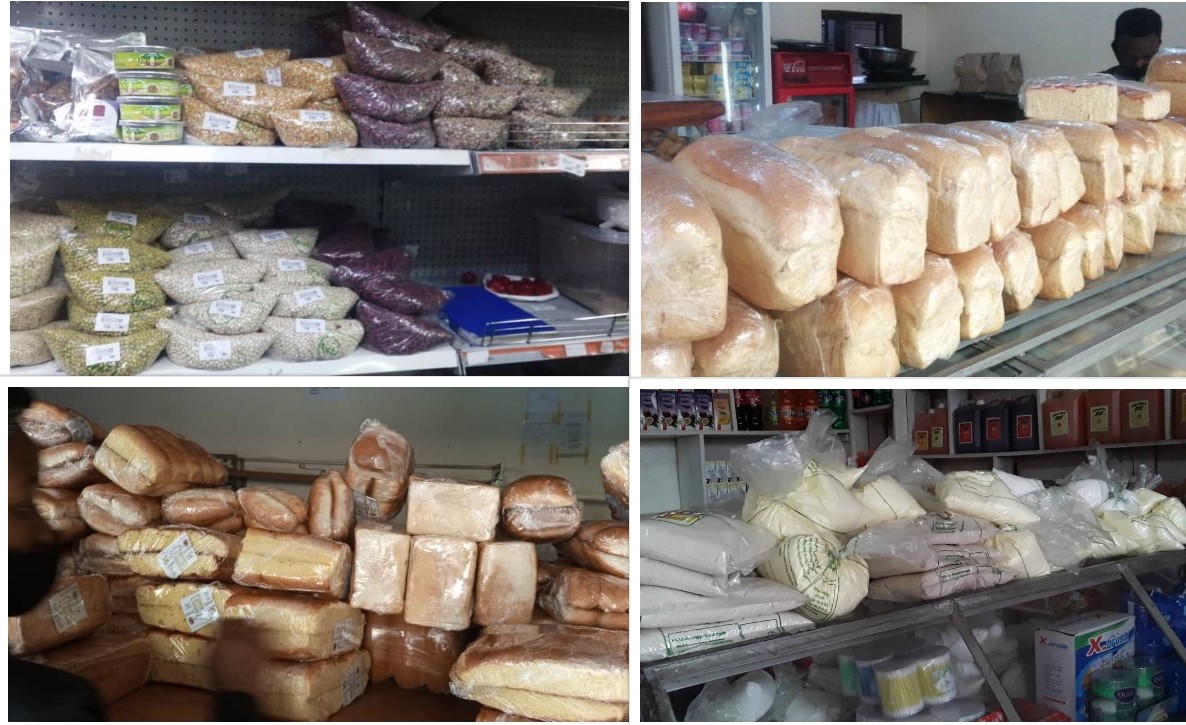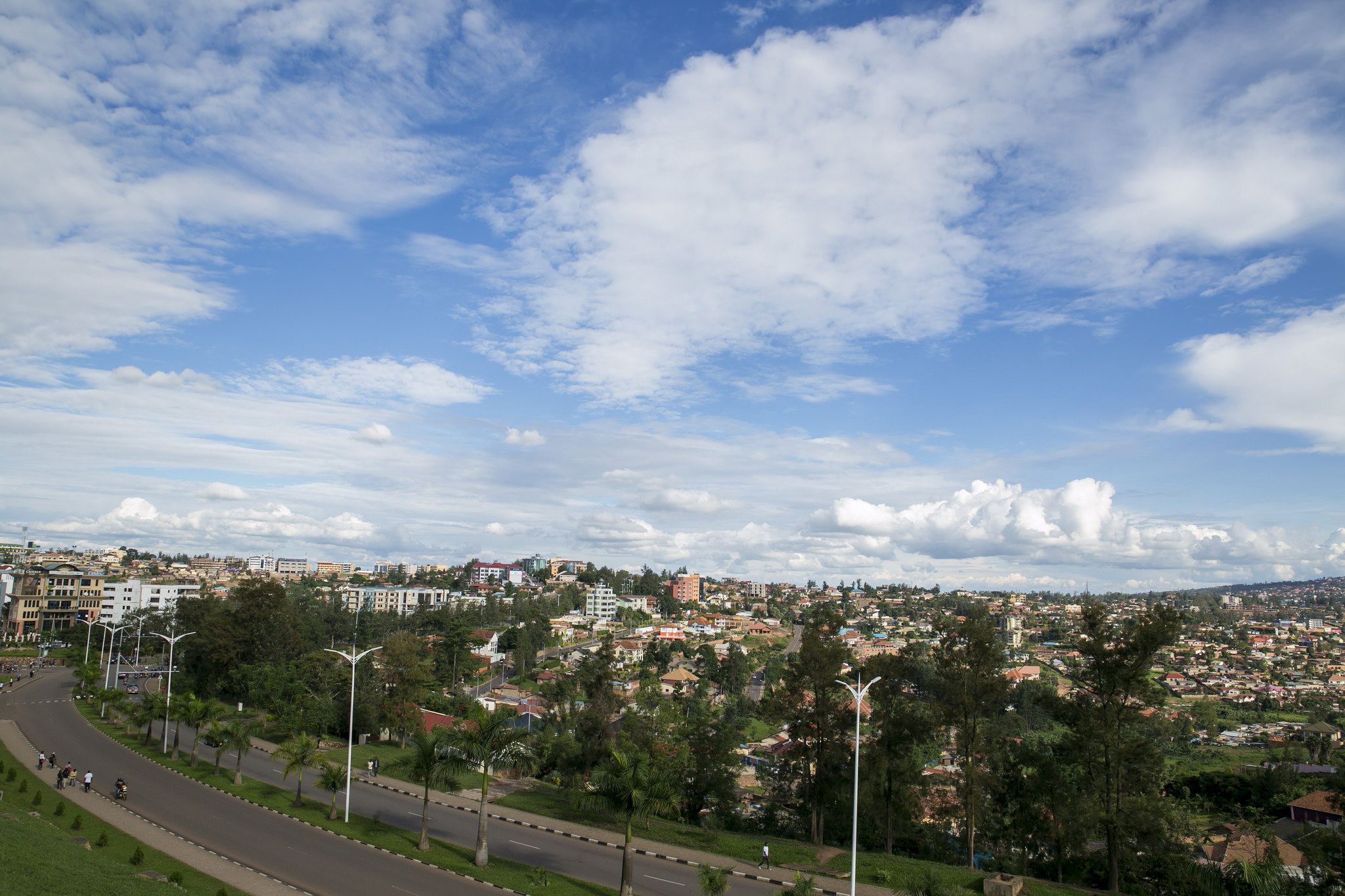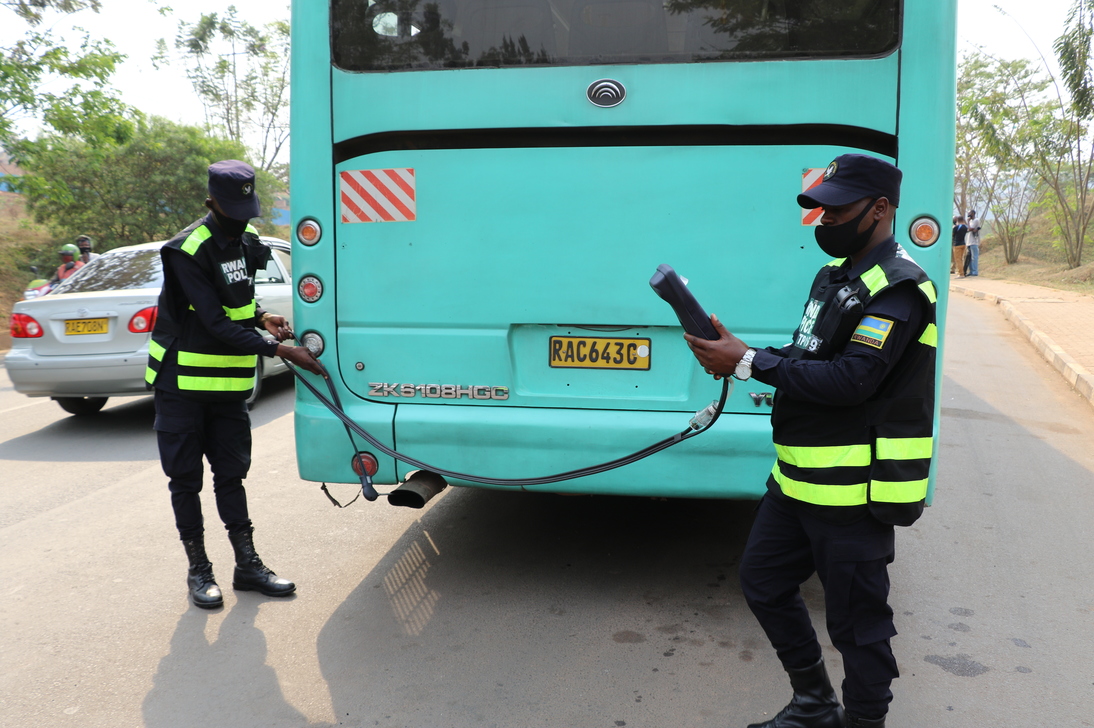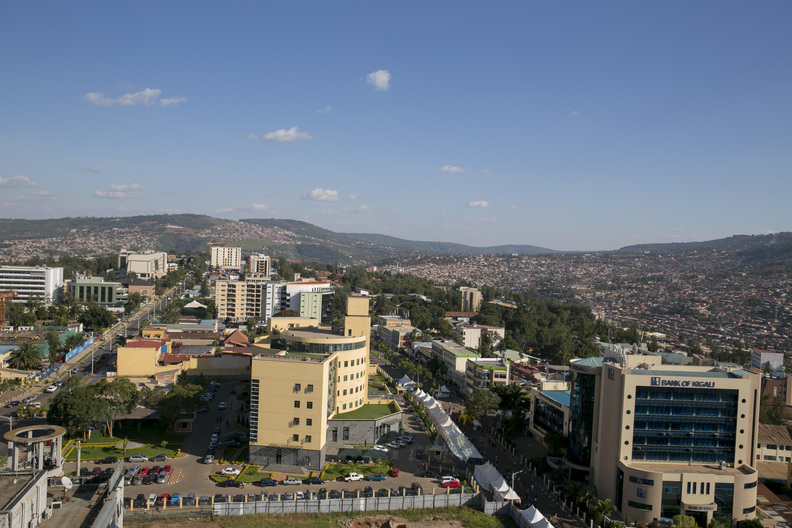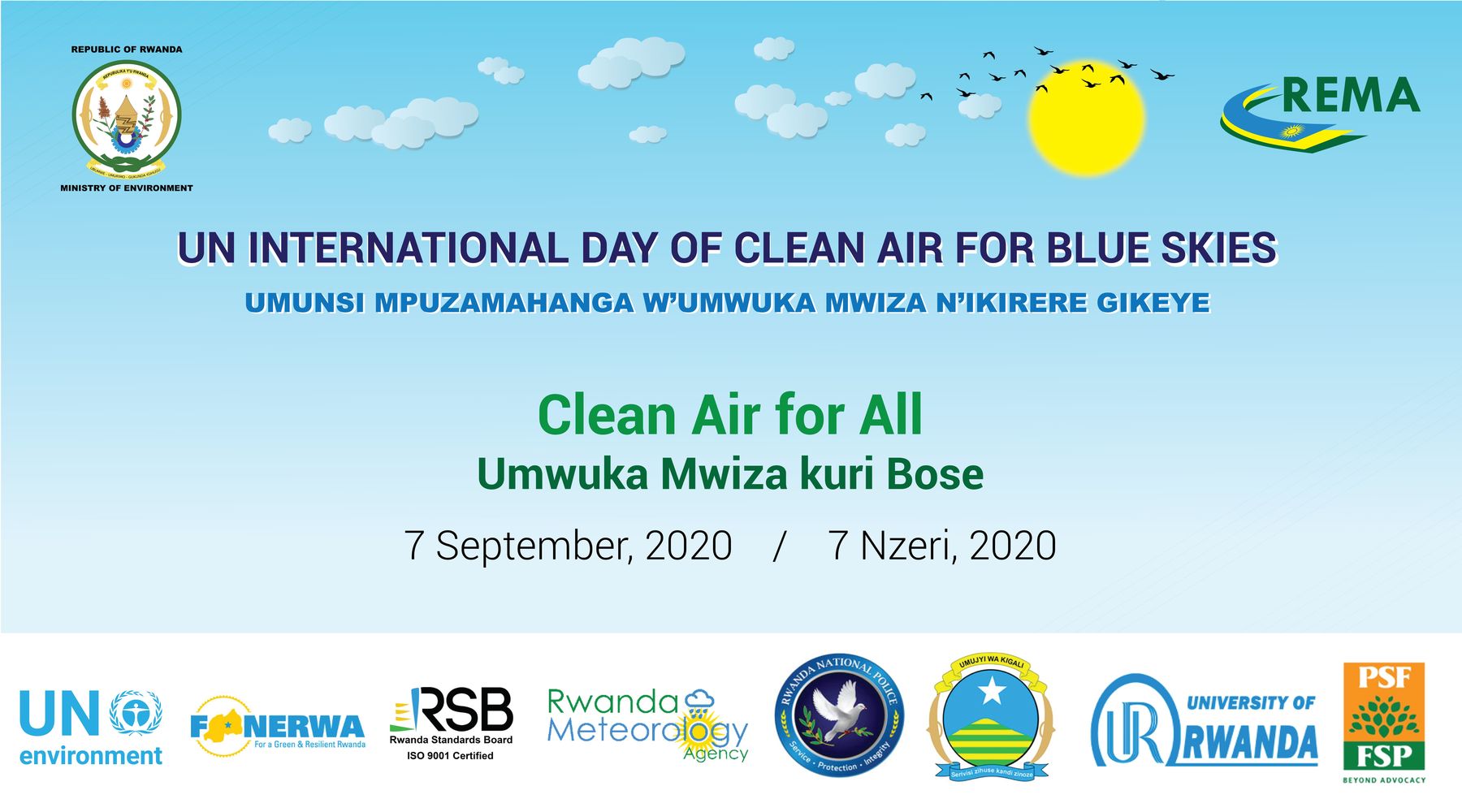
Districts are encouraged to press ahead with the implementation of the ‘green economy’ plans – Report on Climate Change Vulnerability Assessment
Kigali, 26 June, 2019 – The Rwanda Environment Management Authority (REMA) has disseminated the findings of the 2018 Climate Change Vulnerability Assessment Report. Findings were presented to different stakeholders and discuss the best ways to put into practice recommended policy and strategic actions.
The 2018 climate change vulnerability assessment aimed at tracking changes and update data for the national climate change vulnerability indicators for 2015 and 2018; assessing and providing a household based index of climate change vulnerability at district and province levels and providing updated policy and strategy recommendations to address any identified vulnerabilities as necessary.
Global changes in climate are affecting Rwanda in many complex ways. These include climate related hazards such as floods, landslides and droughts as well as windstorms and severe rainstorms that have struck Rwanda in recent years with devastating effects on the population. These hazards have affected all districts and individual households across the nation – affecting the livelihoods and food security of rural and urban populations as well as the agricultural, energy, health, water, natural resource and institutional systems on which the population depends.
According to this report, findings reveal that Southern Province as the most vulnerableamong the four provinces and the City of Kigali. It also finds Huye District, in Southern Province, as the most vulnerable among the 30 districts. Four districts are assessed as having the highest vulnerability in the country – 3 of them located in Southern Province: Gisagara, Huye and Ruhango Districts together with Karongi District in Western Province.
Furthermore, the report identifies Northern Province as having the lowest vulnerabilityamong the four provinces and the City of Kigali. Gasabo District is identified as having the lowest vulnerability among the 30 districts. A total of 11 districts fall into the category of low vulnerability: 3 districts in City of Kigali, 1 district in Southern Province, all 5 districts in Northern Province and two districts in Eastern Province. The remaining 15 districts have mediumvulnerability.
Alphonse Mutabazi, Climate Change Program Manager at REMA said:
The capacity and scale of adaptation to climate change depends on the vulnerability of people and natural systems to the impacts where vulnerability is susceptibility shaped by exposure, sensitivity and resilience".
He added:
"In relation to climate change, vulnerability relates to direct effects such as more storms, floods, hot weather, lower or higher rainfall that lead to indirect effects such as lower productivity from changing ecosystems or disruption to economic system". Said Mutabazi:
Districts are encouraged to press ahead with the implementation of the ‘green economy’ plans within their District Development Strategies (DDS). Where possible districts should review their development strategies and planned projects and ensure their plans are informed by this report’s assessment of their climate vulnerabilities, and by future climate scenario.
Read the full report:
https://rema.gov.rw/cc_vulnerability_Rwanda(2018)-Final_report.pdf
Topics
More posts
Rwanda launches the first ever cook stove testing laboratory
The Gouvernement of Rwanda has launched a cook stove testing laboratory which will also be used for testing of other aspects of renewable energies.
T…
REMA receives computing equipment provided by FAO to enhance Greenhouse Gases inventory
Rwanda Environment Management Authority (REMA) has received computing equipment that will be used for enhancing the Greenhouse Gases (GHG) national…
Kurengera akayunguruzo k’imirasire y’izuba biri mu nyungu za buri wese
U Rwanda rwifatanyije n’isi mu kwizihiza umunsi mpuzamahanga wo kurengera akayunguruzo k’imirasire y’izuba wizihijwe tariki 16 Nzeri 2020…
REMA yongeye kuburira abagikoresha amasashi n’ibikoresho bya pulasitiki bikoreshwa inshuro imwe
Ikigo cy’igihugu cyo kubungabunga ibidukikije REMA kuri uyu wakane tariki 10 Nzeri 2020 cyatangiye igenzura ku iyubahirizwa ry’itegeko ribuza ikorwa,…
Clean skies, healthy people...
Rwanda has joined the rest of the world to mark the first-ever International Day of Clean Air for blue skies. The day calls upon all of us, from…
Abafite imodoka barasabwa kuzirinda gusohora imyotsi ihumanya umwuka
Ikigo cy’igihugu cyo kubungabunga ibidukikije REMA ku bufatanye na Polisi y’u Rwanda, kuri uyu wagatandatu tariki 05/09/2020 batangiye igikorwa cyo…
International Day of Clean Air for Blue Skies: Rwanda’s commitment to Preserving Air Quality and Fighting Air Pollution
Rwanda recognizes air pollution in cities and at national level as a serious environmental and health threat. According to estimates from the World…
Abanyarwanda barakangurirwa kwirinda ibyahumanya umwuka n’ikirere
Kigali, Tariki 04 Nzeri 2020 – Uyu mwaka u Rwanda ruzifatanya n’isi kwizihiza ku nshuro ya mbere umunsi mpuzamahanga w’Umwuka Mwiza n’ Ikirere Gikeye.…
Postgraduate students funded by REMA successfully completed their research theses
Sixteen students from the University of Rwanda who were funded by the Rwanda Environment Management (REMA) under the Landscape Approach to Forest…
